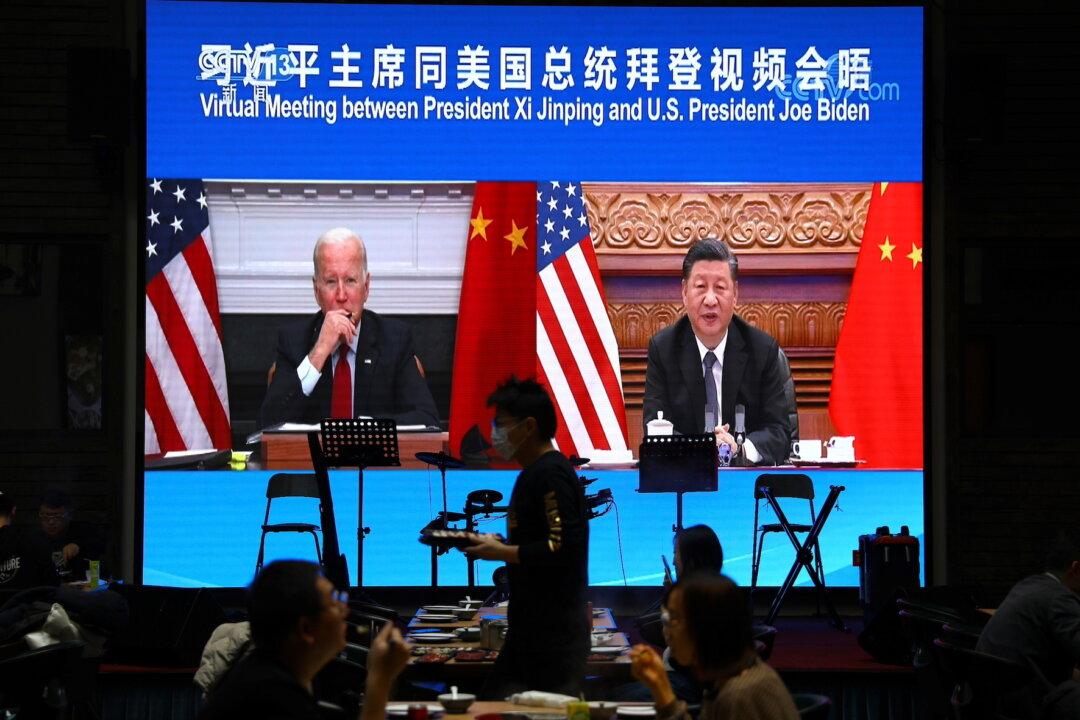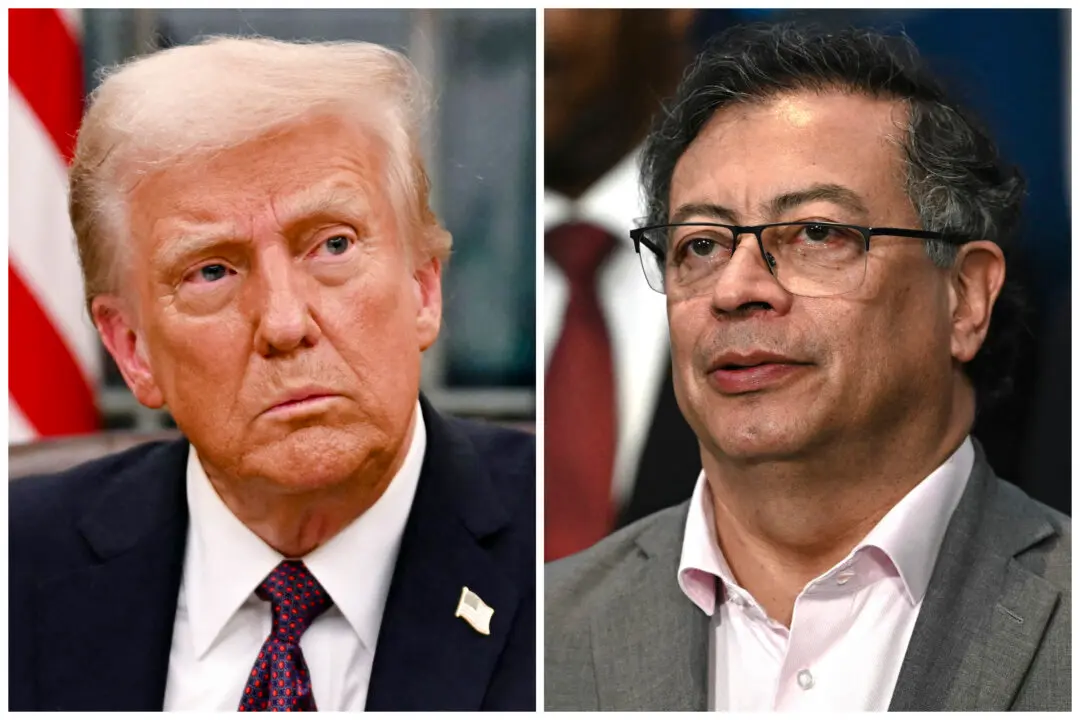A virtual meeting between U.S. President Joe Biden and Chinese leader Xi Jinping opened with leaders exchanging friendly remarks despite what has been troubling times for the Chinese Communist Party’s relationship with many countries around the world.
Via translators, the two leaders—on Monday night in the United States, and Tuesday morning in China—restated their hopes for the first virtual summit of the Biden presidency and for the future of U.S.-China relations.





